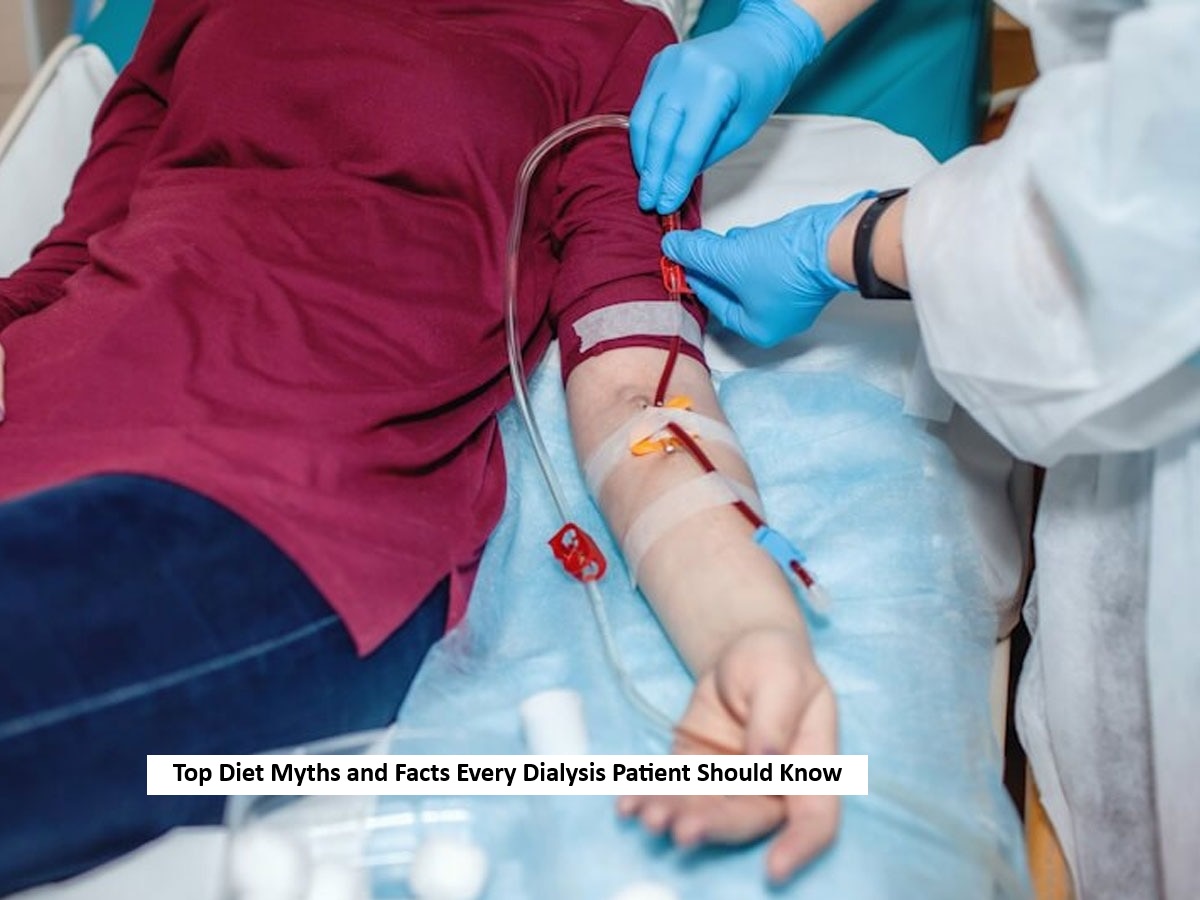
For individuals undergoing dialysis, maintaining a healthy diet is vital. However, due to widespread misinformation, many patients fall prey to common diet myths. Renowned nephrologist Dr. Saurabh Pokhariyal shares key facts to help clear the confusion and guide patients towards better health choices.
Myth 1: Completely Eliminate Fruits and Vegetables
Fact: Not all fruits and vegetables are harmful. While some are high in potassium, others like apples, berries, and kale are safe when consumed in moderation. Techniques like soaking vegetables can reduce potassium content, making them suitable for dialysis diets with proper portion control.
Myth 2: Protein Intake Should Be Strictly Reduced
Fact: Protein is crucial for tissue repair and maintaining strength. Dialysis patients lose protein during treatment and need quality sources like eggs, chicken, and fish in balanced amounts. A personalized diet plan from a dietitian ensures optimal intake without straining the kidneys.
Myth 3: Packaged Foods Are Safe
Fact: Many packaged foods contain excessive sodium, phosphorus, and potassium, which are harmful to dialysis patients. These additives can increase blood pressure and cardiovascular risks. Preparing meals at home using fresh ingredients gives better control over nutrient intake.
Myth 4: All Dairy Products Should Be Avoided
Fact: While high in phosphorus, not all dairy products must be avoided. Alternatives like unsweetened almond milk or small amounts of yogurt can be included in the diet under supervision.
Myth 5: Hydration Is Not a Major Concern
Fact: Dialysis patients must manage fluid intake carefully to prevent complications like swelling. That said, hydration is still necessary. Controlled sips of water, ice cubes, or frozen fruit can help maintain hydration safely.
Read More: Side Effects Of Consuming Fennel And Ajwain Water Early Morning Revealed By Expert

 Share
Share



